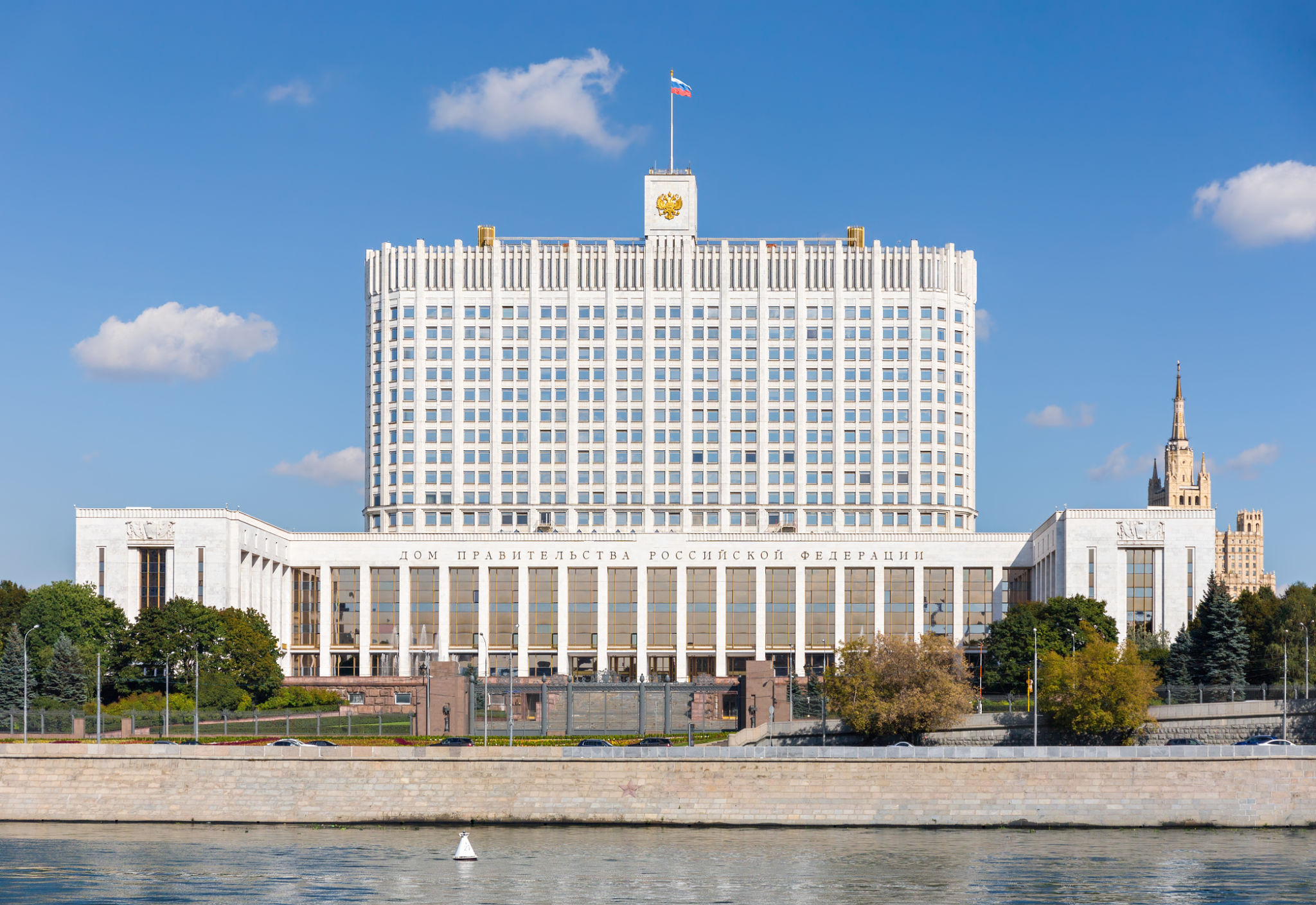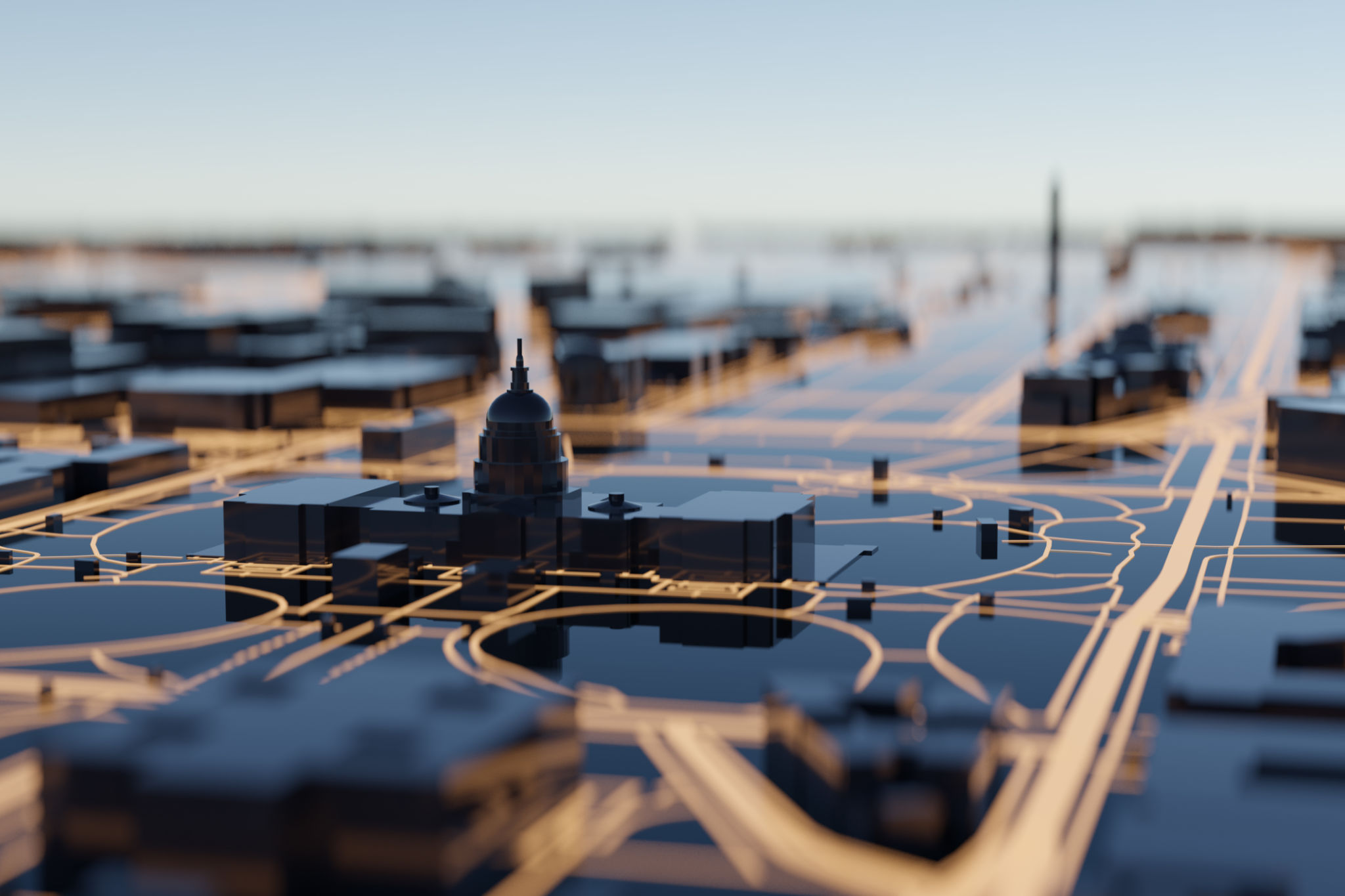The Future of Political Opposition in Russia: Expert Predictions
Introduction to the Changing Political Landscape
The political landscape in Russia has long been dominated by a single-party system with limited space for opposition. However, recent developments suggest that the dynamics might be shifting. Political experts are closely watching these changes and providing insights into what the future holds for political opposition in Russia.

Current State of Political Opposition
At present, the political opposition in Russia faces significant challenges. The government has implemented stringent laws that limit freedom of speech and assembly, making it difficult for opposition parties to operate effectively. Despite these hurdles, some opposition figures continue to voice dissent and gather support among certain segments of the population.
Role of Technology and Social Media
Technology and social media have become crucial tools for political opposition in Russia. Social media platforms offer a space for political discourse that is less controlled by government regulations. This digital landscape allows opposition leaders to connect with supporters, share their messages, and organize protests more effectively.

Expert Predictions for the Future
Experts predict several possible scenarios for the future of political opposition in Russia. While some believe that the government will maintain its tight control, others are optimistic about potential reforms that could create a more balanced political environment.
Potential Reforms
There is speculation that pressure from both domestic and international communities might lead to reforms in Russia’s political system. Such changes could include more transparent elections, reduced media censorship, and increased autonomy for opposition parties.
Grassroots Movements
Another important aspect of the future of political opposition in Russia is the rise of grassroots movements. These movements, often fueled by young activists, are pushing for change at the local level. They focus on issues like corruption, environmental policies, and social justice, which resonate with a broader audience.

Challenges Ahead
Despite the potential for change, the opposition faces numerous challenges. The government’s ability to adapt and counteract opposition strategies is a significant hurdle. Additionally, internal divisions within opposition groups can weaken their effectiveness and reduce their impact.
The Role of International Influence
International influence also plays a role in shaping the future of political opposition in Russia. Sanctions and diplomatic pressure from Western countries can impact domestic policies and potentially lead to more openness and reform.

Conclusion: A Complex Path Forward
The future of political opposition in Russia remains uncertain and complex. While there are several factors that could lead to a more open political environment, significant obstacles remain. The coming years will be crucial in determining whether Russia sees a shift in its political dynamics or continues under its current system.